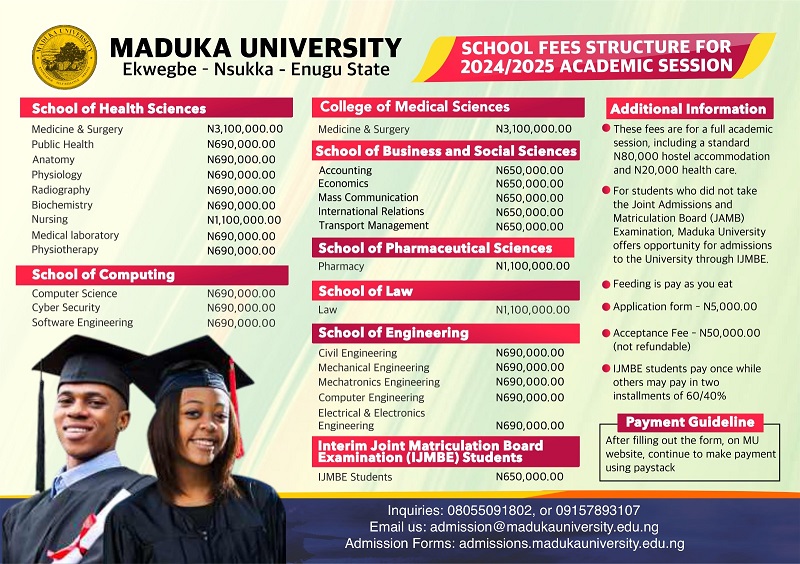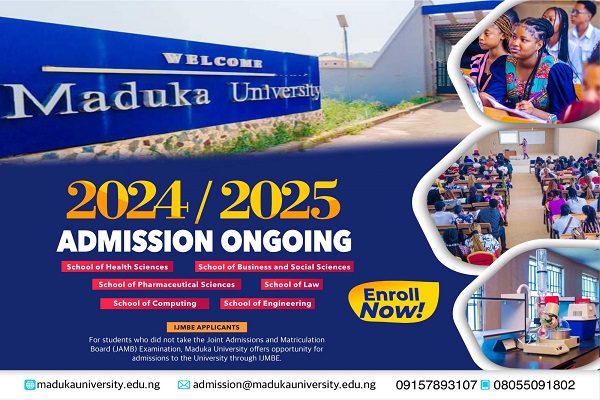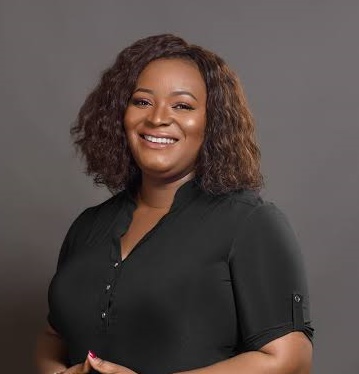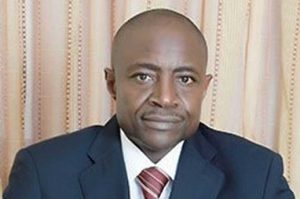Founder and CEO, LifeBank

Mrs. TemieGiwa-Tubosun is founder and CEO, LifeBank– a health technology and logistics startup that is responding to the fast-rising number of confirmed cases of coronavirus in Nigeria. In partnership with the Nigerian Institute of Medical Research (NIMR), the company has launched drive-through mobile testing centres to boost coronavirus testing numbers in the country.

The free mass testing centres were first launched in Lagos and Oyo states with a daily testing capacity scaling up to 200 people. The company’s target is to test 2,000 people for the virus. Expanding operations within and outside the states is part of the company’s plan.
After completing a preliminary process, users walk in and get their samples collected, the entire sample collection process takes an average of 15mins. The whole idea and development took just five days to pull through, according to the information given by the company.
Nigeria’s testing capacity was initially limited with just six labs available in the country, none of which is a drive-through mobile testing centre. The challenge was that the virus was spreading at a rate apparently unstoppable with the testing capacity in place. This is a critical gap in the battle against Covid-19 that LifeBank has come to fill.
The company’s testing procedure requires that users first register and secure a confirmed appointment online. A confirmation letter is issued with which the receiver proceeds to the centre to complete the process.
TemieGiwa-Tubosun is a Nigerian-American health manager saving lives through innovation. She is set on a mission to improve access to blood transfusions in the country. Inspired by an experience of complications in giving birth to her first child, she set up LifeBank in 2016 to tackle the problem of blood shortage in Nigeria.
The mission is borne out of the precarious conditions in African hospitals where people die because of shortage of essential medical products. Hospitals and patients need life-saving blood supplies on a continuous basis but getting safe supplies of blood quickly and in the right condition has been a challenge in Nigeria and Africa.
This problem affects pregnant women, children under the age of 5, victims of traumatic accidents and people suffering from sickle cell anemia and other chronic conditions. From TemieGiwa-Tubosun’s calculation, the situation meant that 15 million people die annually in Africa from the shortage of essential medical products.
She resolved that the narrative has to change. Today, her business is at the centre of an innovative solution – harnessing the power of technology and innovation to deliver life-saving solutions through its smart logistics system.

The organisation is a platform that makes blood available whenever and wherever it is needed in Nigeria to save lives. “We mobilize blood donations, take inventory of all blood available in the country, and deliver blood in the right condition to the point of need,” the company said.
Her company leverages her 9 years of management and health policy experience with strong skills in project research, operations, public relations, monitoring and evaluation (M&E), system strengthening and operational research.
The medical distribution company uses data and technology to help health workers discover essential medical products like blood and oxygen. It receives blood and oxygen delivery requests on its discovery platform and also via its 24/7 call centre and stands ready to deliver to hospitals in under 45 minutes, compliant with WHO Blood Transfusion Safety cold chain.
Since its launch in 2016, the company has moved products of over 24,000 units of critical supplies (blood and oxygen) to more than 550 hospitals, saving 9,500 lives in the process. Safety isn’t compromised in the improving access to essential medical products. The company takes minute attention to ensure the safety of the medical products it distributes. This ensures that the effort to save lives does not in any way increase the risk of new HIV infections in Nigeria through unsafe blood transfusions.
LifeBank took an extra mile effort to achieve a high level safety standard of blood it distributes. It developed a blockchain-powered essential medical product integrity solution –SmartBag, which improves the safety standard of blood and reduces the infections of transfusion and transmissible infections like HIV and Hepatitis.
TemieGiwa-Tubosun’s vision at LifeBank is to be the supply chain engine for healthcare systems across Africa and save the lives of 1 million Africans in 10 years. The company is building the financial capacity that would enable it to raise its level of impact across the developing world.
According to her, LifeBank has grown significantly in impact, moving over 24,000 units of products in five states in Nigeria, lifting its revenue three times on the average year-on-year. It has also developed a proof of concept using drones to deliver critical medical products in Ethiopia.
The company has also attained a safety standard for its products with its launch of SmartBag, which helps patients and healthcare providers discover the immutable safety record of blood and blood components. The biggest impact comes by way of the value of each of the over 9,500 lives saved.
Looking ahead into the future, TemieGiwa-Tubosun said, “we are excited to work with public and private investors to expand to other cities and countries – product portfolio expansion and monetization of our innovations.”
During his first visit to Nigeria in 2016, Mark Zuckerberg, an American media magnate, co-founder and chief executive officer Facebook, Inc. gave a verdict on TemieGiwa-Tubosun’s work at LifeBank.
“If everyone had the opportunity to build something like this, then the world would be a better place… I’ve been to a lot of different cities… people around the world are trying to build stuff like that. If she actually pulls it off, then she’d show a model that will impact not just Lagos, not just Nigeria but countries all around the world.’





